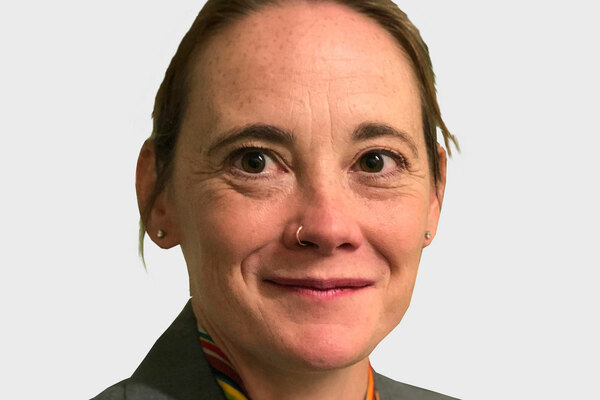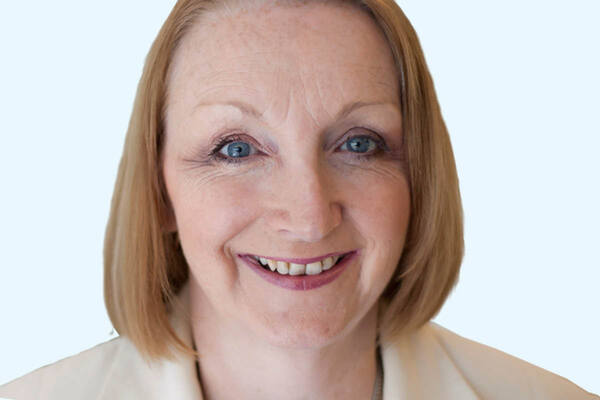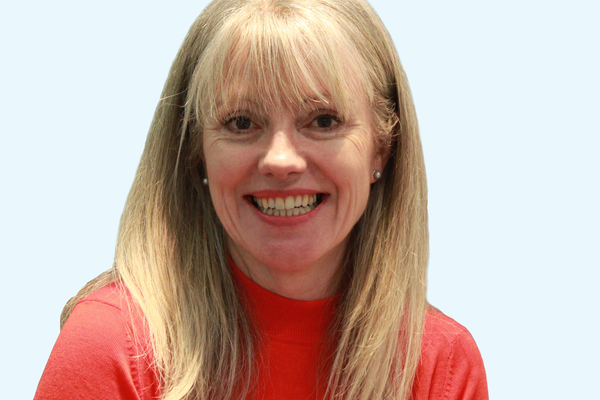 Clare Miller
Clare MillerClare has been our Group Chief Executive since 2018. She is a chartered accountant with almost 30 years’ experience in the housing ...more
How our sector can help those who are working and in social housing but still in poverty
Many people are working and living in secure social housing but are still in poverty. There are ways the sector can help, writes Clare Miller
Everyone who works in our sector understands that the relationships social landlords forge with our residents will often last for decades. As we have the privilege to be part of people’s lives for a long period of time, I also believe we have an obligation to understand the challenges they are facing.
Clarion runs an annual survey with 2,000 of our residents, asking questions on everything from their attitude to new homes being built in their area to whether they used a food bank in the past 12 months. This year we partnered with the Resolution Foundation to work together on the survey and look in more depth at the growing reality of in-work poverty.
The report reaffirms that the single best way for people to escape poverty is to move into employment and I’m proud that Clarion Futures – our charitable foundation – leads a consortium of housing associations supporting thousands of people into work every year. Vital as this is, a route into work is far from the end of the story for many of our residents.
“The truth is that for too many people, being in social housing and being at work is still not enough to escape poverty”
We found that nearly a quarter of our working residents were in poverty. Of this group, two-thirds were households with children. This mirrors the picture with social renters across the country – as a group they are nearly three times more likely to be in work and in poverty than people living in any other tenure.
The very fact that so many residents are in work but still in poverty underlines the importance of social housing and subsidised rent. Without social and affordable housing, the picture would be incredibly difficult. Our sector makes a positive difference to the lives of everyone we house, but the truth is that for too many people, being in social housing and being at work are still not enough to escape poverty.
We published our report with the Resolution Foundation because we want to draw attention to the challenge and prompt a debate among government, our sector and wider civil society about how we can work together to tackle it.
It is clear from our research that underemployment is a major factor for social housing residents, with many wanting to work more hours but unable to do so. We found that social renters are twice as likely to be on zero-hours contracts than people living in other tenures and that they are more likely to be agency workers.
The employer isn’t always the barrier. Clarion residents who responded to our survey cited the cost of childcare as the single biggest factor preventing them from working more hours. Caring responsibilities was second on the list and the availability of childcare was the third-biggest challenge, underlining how central the childcare question is for so many social housing residents.
“Housing associations won’t fix in-work poverty alone, but I do hope that by listening to our residents and drawing attention to this challenge, we can inspire action and work alongside government to help lift as many residents out of poverty as possible”
Our report makes a series of policy recommendations for tackling in-work poverty and one of them asks the government to improve the flexibility of childcare support with Universal Credit. This sits alongside support for the plan to increase the National Living Wage to two-thirds of median earnings by 2024 and a suggestion to raise awareness of the availability of in-work benefits, as take-up is often low.
Housing associations won’t fix in-work poverty alone, but I do hope that by listening to our residents and drawing attention to this challenge, we can inspire action and work alongside government to help lift as many residents out of poverty as possible.
Clare Miller, chief executive, Clarion











